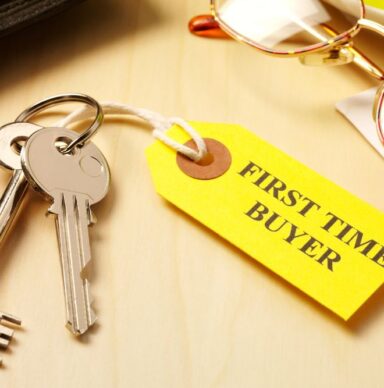In today’s increasingly tough real estate market, it’s no surprise that many Canadians and newcomers to Canada are struggling to qualify for a traditional mortgage from a bank. While this may be discouraging, the good news is that there are more options than ever for prospective homebuyers to own the home they’ve always wanted.
Reasons Why You May Be Denied a Mortgage from the Bank
Banks are risk-averse, and as a result, there are many reasons your mortgage application may be denied. Your credit rating is an important consideration for any bank, and if you have poor credit or no credit, that’s a top reason for denials.
Additionally, if you have insufficient assets or income to pass the mortgage stress test, or if you’re currently carrying too much debt, your application is unlikely to be successful with major banks.
Mortgage Alternatives in Canada
Thankfully, there is hope, even if you’ve already been denied. We’ve rounded up several alternatives you should consider in the event of a denial.
Private Lenders
Private lenders aren’t affiliated with banks and may be either private lending companies or individuals. Private lenders are more likely to consider higher-risk loans and may overlook poor credit or no credit. However, these loans usually come with a higher interest rate to compensate for the increased risk.
Credit Unions
Credit unions typically adhere to provincial regulations, not federal ones, so they aren’t bound by the national mortgage stress test. They have more flexibility, and they may be more likely to accommodate unique financial situations, such as freelance work.
Mortgage Brokers
Mortgage brokers are financial intermediaries, which means they have access to a wide range of lenders, including some that work exclusively with brokers. They may be able to help you track down a lender that’s more likely to approve your loan.
Rent to Own
Rent to Own agreements are not newer, innovative solution to housing affordability. In these arrangements, you agree to rent your prospective home from a seller for a preset term. During this term, you act as a tenant and save money for your down payment. At the end of the term, you purchase the home from the seller and become a homeowner.
Our Rent to Home Solution is unique because we guide you through every step of the homebuying process. We offer you access to real estate agents and financial planners if you don’t already have one to help you build positive credit, pay down debts, and plan for the future. After a typical term of three years, you’ll own your home! Our Rent to Home Solution allows you to live in your home today without waiting for a lender to approve your loan.
Get Approved for Your Dream Home Today with JAAG Properties
Don’t allow lenders to dictate your future! We can get you into your dream home sooner than you think. The JAAG Rent to Home Solution equips you with the necessary tools and guidance to accumulate savings for your down payment and guides your mortgage approval. Apply online today or contact us for more details!


